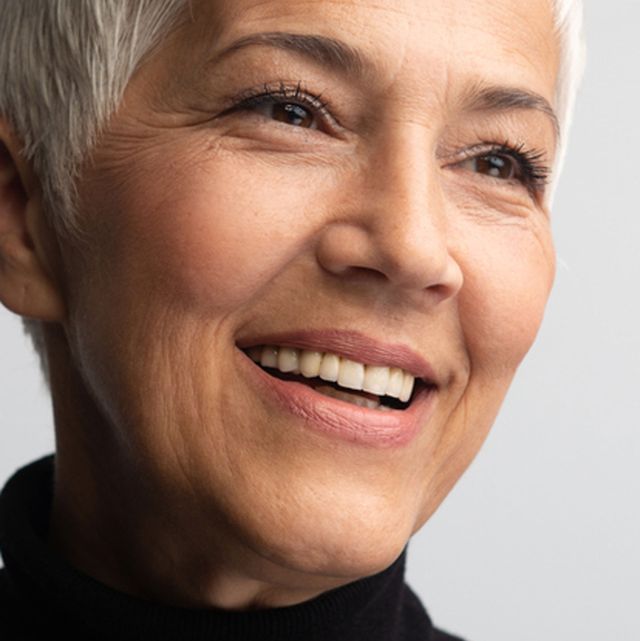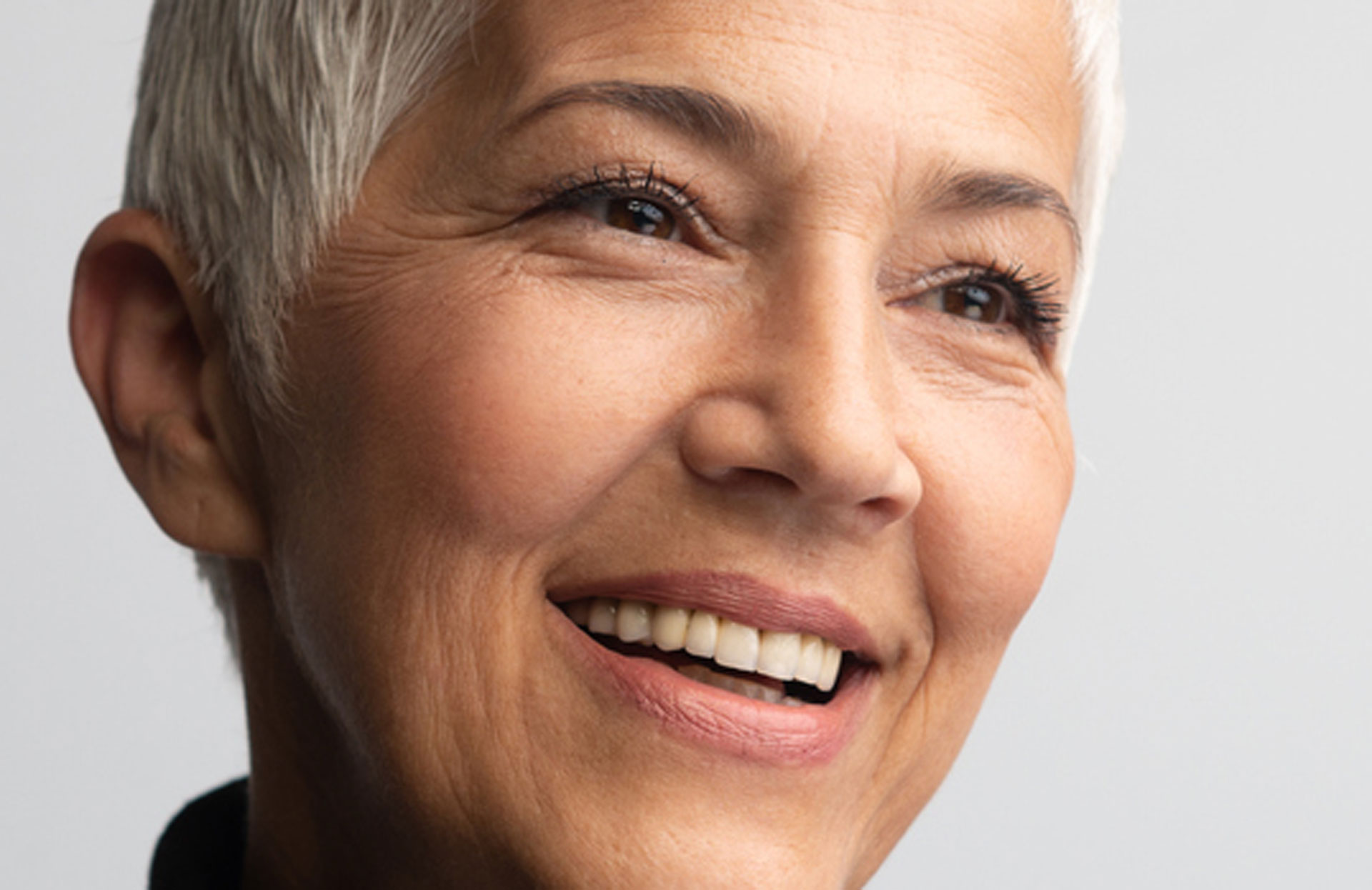Published on October 16, 2023 at 2:02 p.m.

What are the most effective anti-aging active ingredients? – © Georgijevic / iStock
Wrinkles, pigment spots, sagging skin… Against the signs of aging, certain cosmetic active ingredients are proving their worth. Overview.
Time and daily aggressions inevitably leave marks on the skin of our face. To prevent and counter the effects of skin aging, it is therefore recommended to adopt a good anti-aging routine. But what are the most effective active ingredients in this category? We asked Cyrille Telinge, founder of Novexpert, the question.
Retinol to treat wrinkles
It is undoubtedly the most powerful anti-aging active ingredient, retinol – belonging to the retinoid family, also known as vitamin A – is found in many treatments for mature skin. In particular, it accelerates cell renewal and restarts collagen production. The skin then regains its firmness, its texture is improved and wrinkles are visibly smoothed. Its exfoliating properties also help lighten pigment spots.
However, you will have to be careful about its use. Dryness, redness, peeling or even burning sensations are side effects that should not be taken lightly. They can even arrive after several days of use. It is therefore advisable to adopt it gradually, that is to say once every two days in order to improve our tolerance. Once the skin is used to it, you can move on to daily use. Namely, only in the evening because its keratolytic action refines the epidermis, making it more vulnerable to UV rays. So don't expose yourself.
Fruit acids to revive the complexion
As a general rule, fruit acids such as glycolic acid and salicylic acid help restore skin. And for good reason, they help eliminate dead skin on the surface of the face and promote cell regeneration. They therefore restore radiance to the complexion, boost blood microcirculation, smooth the epidermis, improve the elasticity of the skin and even reduce fine lines.
Exfoliating agent par excellence, creams and serums with AHAs should be avoided on sensitive skin which could quickly become irritated, peel or red. We prefer to use them in the evening and avoid exposing ourselves to the sun immediately afterwards.
Vitamin C for a radiant complexion
This natural antioxidant protects the skin from external aggressions and thus from skin aging. It stimulates cell renewal. But vitamin C – also called ascorbic acid – stands out more particularly by acting against dull complexions and pigment spots, promising us a guaranteed boost of radiance.
It is generally used as a treatment. And does not mix with other active ingredients, particularly fruit acids.
Read also: Beauty routine: cosmetic active ingredients that should never be mixed
Hyaluronic acid to plump the skin
Hyaluronic acid is a hydrating active ingredient par excellence. And it is thanks to this that it is recognized in anti-aging cosmetics. Ideal for mature skin, it plumps the face and smoothes visible signs of aging. These rapid effects are coupled with a long effect, that of stimulating collagen proteins. It also plays a role in cell aging and limits biological errors during cell renewal.
It is the good student of anti-aging active ingredients, without contraindication. The only small problem? It's sticky! So be careful with your concentration.
Niacinamide for stronger skin
Also called vitamin B3 or vitamin PP, niacinamide has antioxidant properties and therefore has the ability to block free radicals to reduce their impact on the epidermis. The skin is visibly stronger.
It also has anti-inflammatory properties and can act on pigment spots. On the other hand, you will have to be careful not to exceed a dosage of 3% in order not to expose yourself to the risk of vasodilation phenomenon.
And the others…
If these 5 active ingredients are among the most effective, other antioxidants have also proven themselves, such as vitamin E, coenzyme Q10, resveratrol or even bakuchiol, a natural derivative of retinol which does not have any her downsides. We can mention ferulic acid, still little recognized for its topical use in beauty, it nevertheless works for the youthfulness of the skin thanks to its antioxidant, lightening and photoprotective actions, in other words, it helps to slow down the process of skin aging caused by exposure to UV rays.
Conspicuously absent from this list is collagen. “By topical application, it is not an anti-aging active ingredient as such,” explains the expert. “Its molecular weight is too large to penetrate the layers of the skin. It's a simple moisturizer. » On the other hand, when it is combined with other active ingredients such as retinol, vitamin C or AHAs, its action increases tenfold. They are called collagen boosters.

